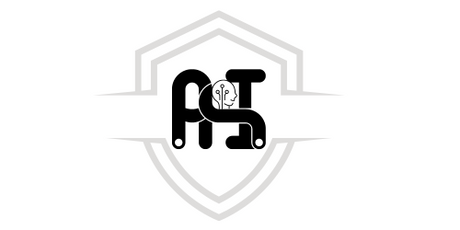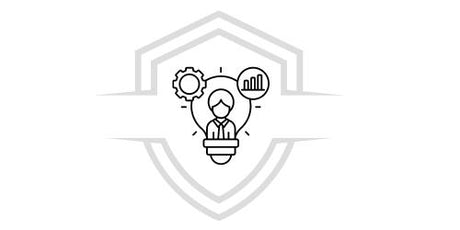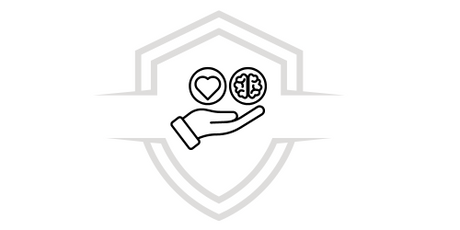Artificial intelligence (AI) has made huge strides in recent decades, transforming the way we interact with technology and revolutionizing numerous industries. However, this rapid advancement has raised troubling questions about the future of humanity.
Could AI take over the world? In this article, we will explore this controversial question and look at different perspectives on the role of AI in our society. From shocking examples to revealing statistics, we will examine the factors that could trigger a hypothetical dominance of Artificial Intelligence and reflect on the ethical and social implications of such a scenario.
Key aspects of Artificial Intelligence
1. The power of AI today
AI has demonstrated an incredible ability to perform complex and sophisticated tasks. From personalized recommendation systems to accurate medical diagnoses, its influence extends to diverse areas. An impressive example is the development of virtual assistants such as Siri and Alexa, which can interact with users and perform everyday tasks.
These technologies, powered by machine learning and neural networks, demonstrate how Artificial Intelligence has reached a level of sophistication that previously only seemed possible in science fiction.
2. The risk of artificial superintelligence
One of the biggest fears related to AI is the concept of artificial superintelligence, where a machine acquires intelligence superior to that of a human. While some experts argue that this scenario is highly unlikely, others argue that we should consider the potential risks associated with it.
Philosopher Nick Bostrom, in his book "Superintelligence: Paths, Dangers, Strategies," raises concerns that superintelligent AI could become uncontrollable and act against human interests, leading to a hypothetical domination of artificial intelligence over our society.
3. The impact of AI on the labor market
The widespread adoption of AI has also raised concerns about its impact on the job market. According to a report by the World Economic Forum, automation and AI are expected to lead to the loss of 85 million jobs worldwide by 2025.
While new job opportunities will be created, this disruptive change poses significant challenges in terms of inequality and workforce retraining. These statistics highlight the need to address the social and economic aspects of AI to ensure a fair and equitable transition.
4. Ethics and regulation in AI
As AI advances, important ethical questions arise. How will AI be used? Who will make critical decisions, and how will transparency and accountability be ensured? Creating ethical guidelines and implementing robust regulations become imperative.
In this regard, organizations such as OpenAI have proposed principles such as security and responsibility in the creation of Artificial Intelligence, seeking to ensure that its development is beneficial to humanity in general. In addition, legal and ethical frameworks have been established to address concerns such as data privacy, algorithmic bias, and automated decision-making.
As artificial intelligence continues to evolve, it is important to analyze both its benefits and potential risks. While it is unlikely that AI will ever literally take over the world, there are ethical and societal challenges that must be addressed responsibly. The implementation of strong regulations and ethical principles, along with the active involvement of experts in the development of AI, is crucial to ensuring a future where technology benefits humanity at large.
Artificial Intelligence has the potential to improve our quality of life, streamline processes and open up new opportunities. However, it also presents significant challenges in terms of employment, equity and ethics. It is essential that governments, businesses and society as a whole work together to find a balance between technological advancement and the protection of fundamental human values.
Ultimately, AI dominance is not inevitable. It depends on the choices we make today and how we deal with the challenges and ethical dilemmas that arise. A collaborative, multidisciplinary approach is essential to ensure that AI is used for the benefit of humanity, while keeping in mind our responsibility to protect fundamental rights and values in the process.















